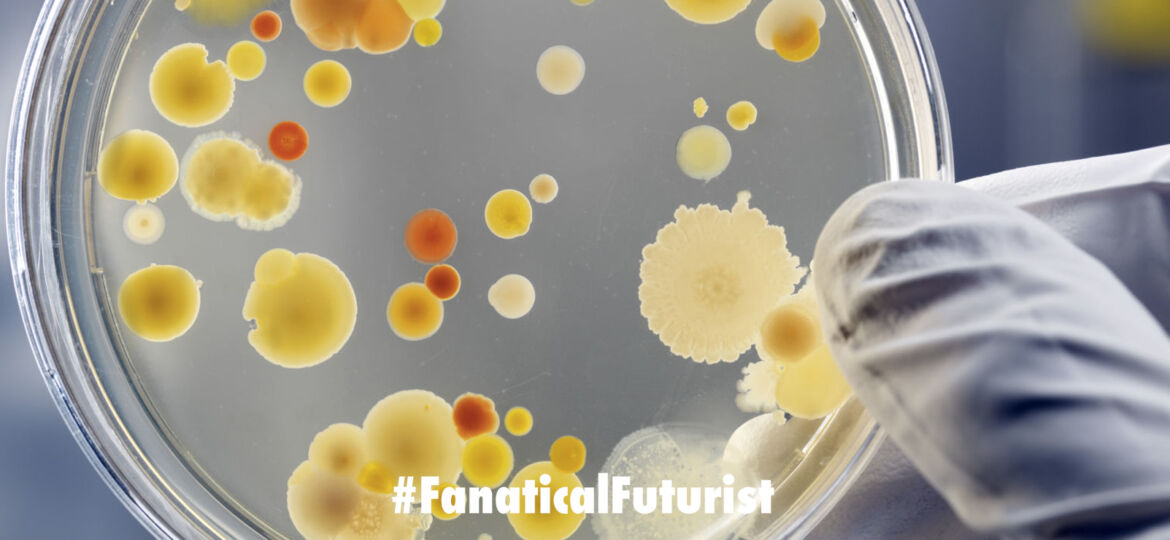
WHY THIS MATTERS IN BRIEF
The future of computing isn’t silicon or quantum, it’s biological.
Will the computers of the future be built in factories as they are today, or will they be grown in labs like cell cultures? You might think that this is a daft question, and that the answer is no, but increasingly the future of computing is not silicon, or even quantum computing, but biological. And to prove it we’ve already built biological computers from living bacteria and human cells that can analyse, store and even play back movies, and the world’s first DNA neural network that I wrote about recently.
Moving on, this is the quite serious question posed by an interdisciplinary team of biologists and computer engineers who won a $500,000 grant this week from the US National Science Foundation whose plan is to spend the money growing a biological computer made out of living cells and programming it to perform computational tasks in common a petri dish.
Naturally details about the upcoming project are scant. The grant winners say they will use living cells, although they haven’t said what type, to construct a neural network. They say they’ll use optogenetics, a biological technique that uses light to control cells, to train the system to recognise handwritten digits, and they say the hybrid project could lead to better understandings of both computers and organic brains. How all these pieces will fit together is really anyone’s guess at this point.
“We hope that neuron scientists will be able to use this technology as a testbed for studying the human brain,” said Yevgeny Berdichevsky, a professor of bioengineering at Lehigh University who’s working on the project, in a press release.
When scientists at the University of Pennsylvania unveiled their lab grown human mini-brains the scientific community went into uproar and at the moment it’s not clear if this project will raise similar concerns. That said though, this work, and the other work I cited at the start, does suggest a radically different vision of future computing where, potentially, everything from buildings to computers could be grown in much the same way that today we “grow” plants or animals.
Source: Lehigh University















